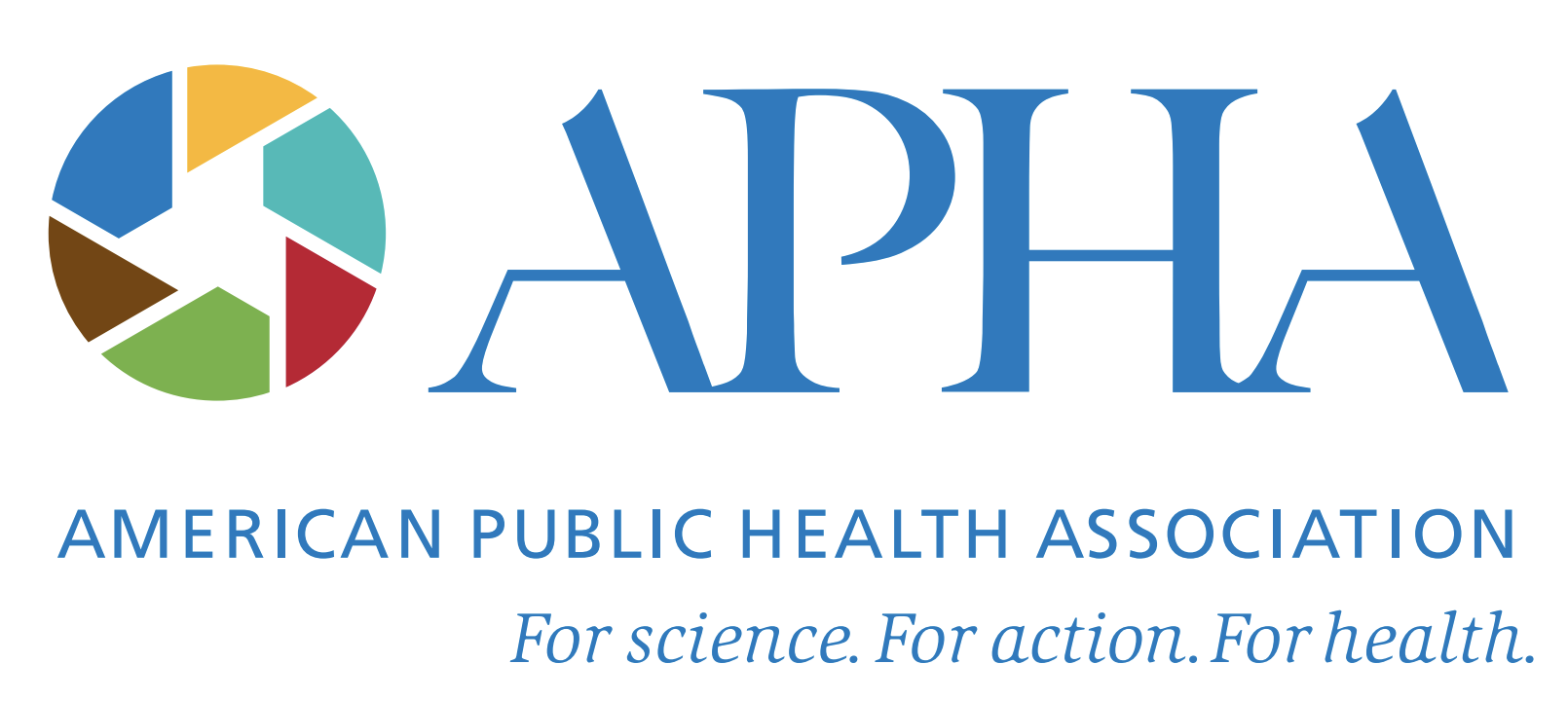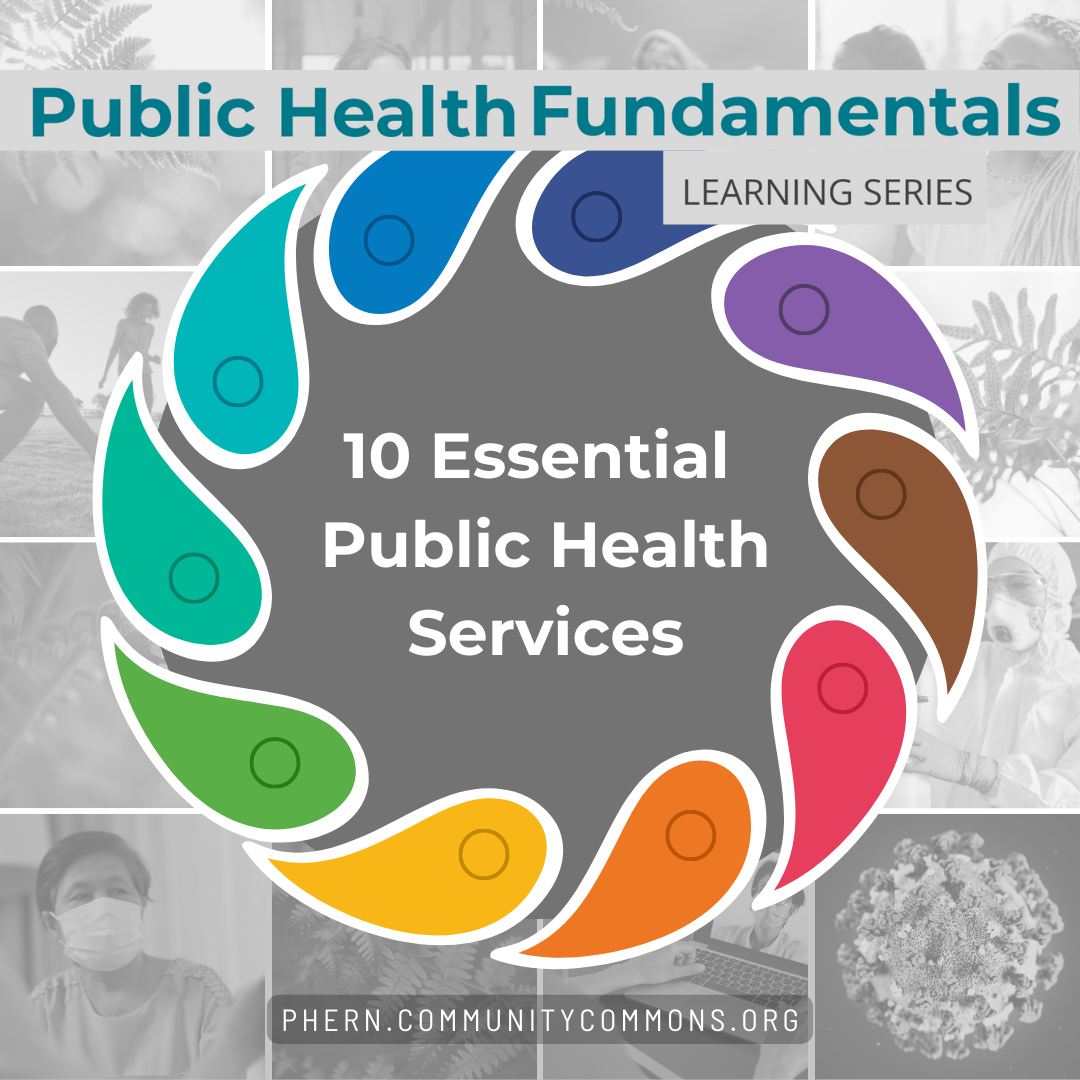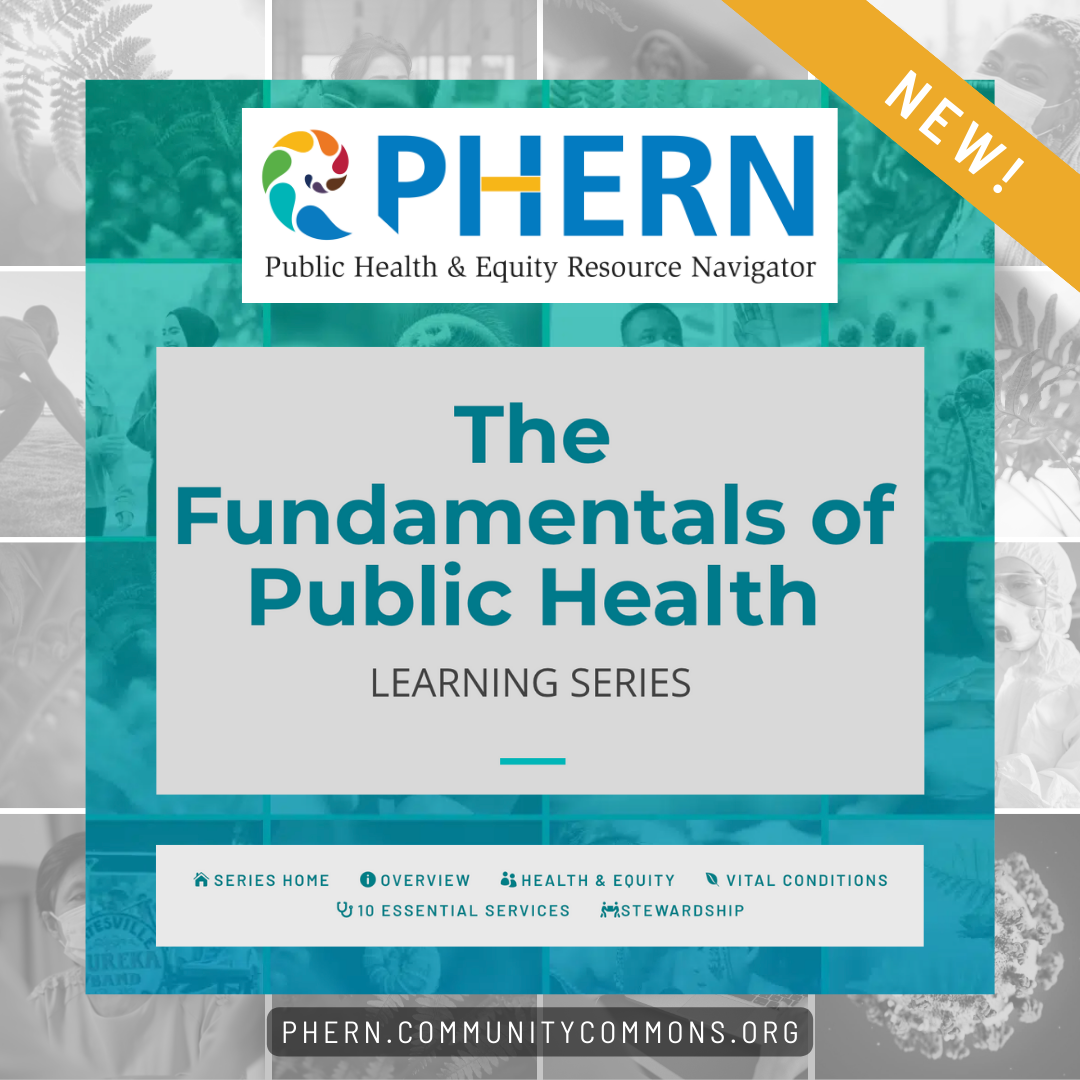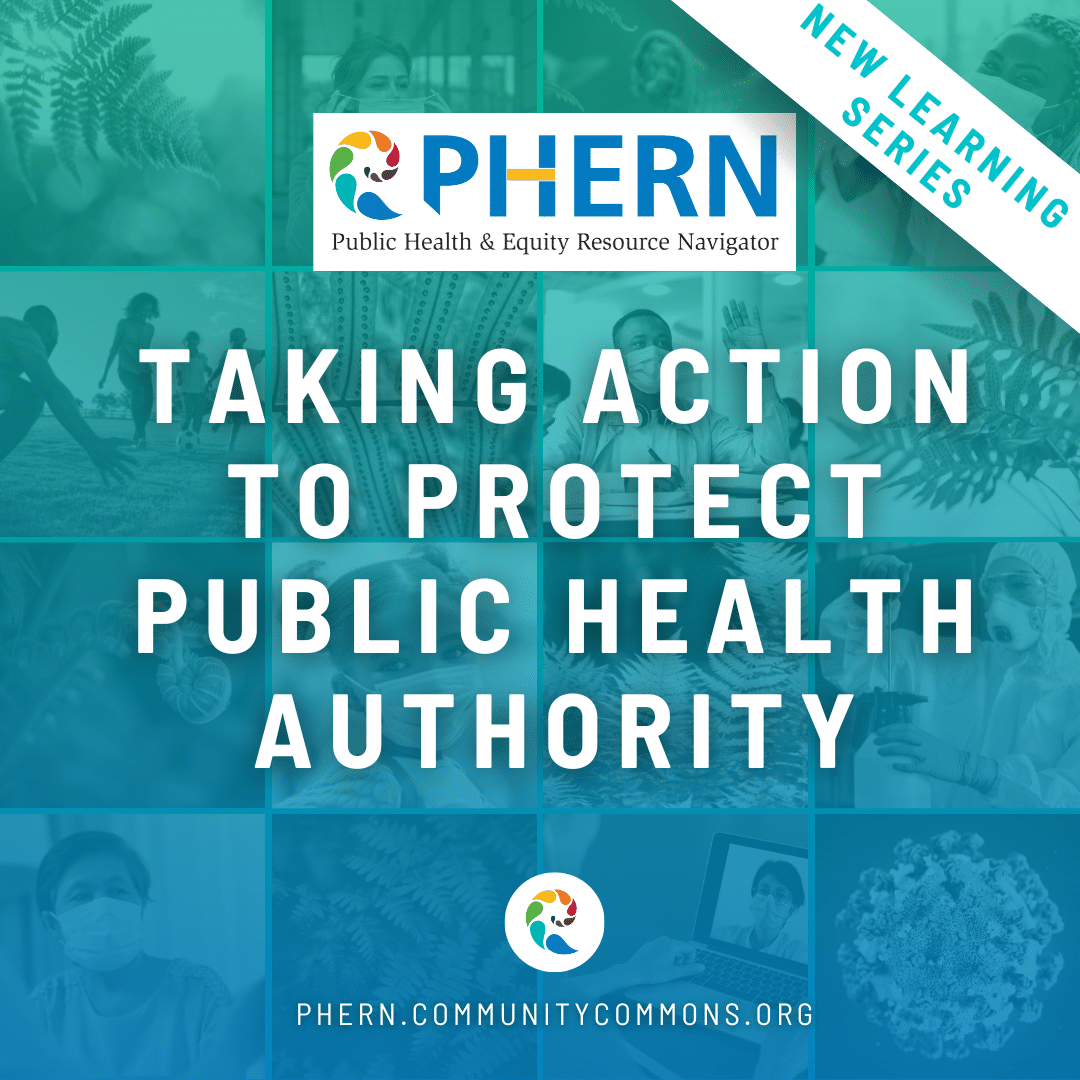Protecting, Connecting and Thriving
Your Guide to National Public Health Week 2024
National Public Health Week is Coming Up!
For over twenty-five years, the American Public Health Association has organized National Public Health Week. Taking place during the first full week of April every year, National Public Health Week is an occasion to recognize the contributions of public health and highlight issues that are important to improving the nation’s health. This year’s focus on centering and celebrating cultures in health is an opportunity for those in the public health community to deepen our knowledge about the connection between culture and health, center stories from different cultural groups, and take action to promote culture and health.
National Public Health Week is April 1 – 7, 2024
Toolkit
![]()
Get Involved

Shareables

This Guide
This guide is designed to help the public health community prepare for National Public Health Week. Below you’ll find information and curated resources for the daily themes, recommended events and more.
This Year’s Theme
Protecting, Connecting and Thriving: We Are All Public Health
“Public health is more than just health care. It’s the steps we take to make sure our neighborhoods and environment are free from pollution. It’s making sure our food and water are safe to eat and drink. It’s also the relationships we foster in our communities. We’re all interconnected. When we all come together to support public health, all of us — individuals, families, communities and the public health field — can achieve the goals of public health… Learn more at https://nphw.org/
New on PHERN
Daily Themes

Monday, April 1st: Civic Engagement
“Civic engagement, the actions that we and our communities take to identify and address problems, shapes our opportunities to be healthy. By taking actions to get more civically engaged, like voting, we exercise our right to make decisions about our communities, like whether our neighborhoods have walkable sidewalks, how much funding goes to reproductive health clinics in our states and how prepared the nation’s infrastructure is for future pandemics and disasters…
Tuesday, April 2nd: Healthy Neighborhoods
“We know that where we live – where we eat, sleep, work, play, learn and pray – can have a huge effect on our health. But what makes a neighborhood healthy? Having safe places to live, without hazards or pollution. Having safe ways for everyone to be active, like sidewalks, and safe places to bike. Having easy access to fresh, affordable, nutritious and culturally appropriate food. When our neighborhoods are healthy, we have the building blocks for healthy lives…
Wednesday, April 3rd: Climate Change
“Climate change is the most pressing threat to human health that our world faces today. Some groups of people, including communities of color and low-income neighborhoods, are disproportionately impacted by climate change. They face decades of limited investment in their health and increased pollution in their neighborhoods. We need swift action to lessen the health impacts of climate change. Now is the time to act. Actions should come from and with communities…
Thursday, April 4th: New Tools and Innovations
“Public health is all about preventing disease, diagnosing health conditions and encouraging health and well-being. However, achieving these goals wouldn’t be possible without the help of new tools and innovations in public health. From wearable fitness bands to virtual doctors’ appointments, new technology has changed the way individuals and communities receive and respond to health information. Other tools, like warning systems for natural disasters or COVID-19 testing kits, can help individuals stay connected and protected during emergencies. Advancements in public health can help us in the fight towards equity, so all people and populations can thrive…
Friday, April 5th: Reproductive and Sexual Health
“When people have access to quality reproductive and sexual health care and education, they can live happier and healthier lives. However, reproductive and sexual health justice are under attack, with over 500 anti-LGBTQ+ bills being introduced in 2023 alone and 43 states banning or heavily restricting access to safe abortions…
Saturday, April 6th: Emergency Preparedness
“Unexpected events such as power outages and natural disasters like earthquakes and hurricanes can happen without a moment’s notice. That is why being ready for emergencies is crucial. Emergency preparedness is exactly what it sounds like; it involves planning, having supplies on hand and knowing how to stay safe during an emergency. Being ready for crises before they happen can not only protect you and your loved ones but also underserved communities where disasters can worsen inequities…
Sunday, April 7th: Future of Public Health
“Public health needs to take a fresh approach — one rooted in fairness and inclusivity. Picture this: a world where equity isn’t just a buzzword, but a guiding principle. Communities are at the heart of decision-making and actively shaping their health, not sidelined. Public health’s future is all about teaming up — joining forces with unexpected partners from different sectors and centering community voices. This future is about tearing down barriers, not just fixing problems but preventing them altogether. It’s making sure every person has access to the support and care they need for a healthier life…
PHERN is a collaborative effort, lifting up the work of partners and inviting others to share in curation.
Its content will be shaped by members and stakeholders.
Brought to you by
The Public Health & Equity Resource Navigator (PHERN) is an initiative of
The American Public Health Association & The Alliance for Disease Prevention and Response


Contact
American Public Health Association
800 I Street, NW
Washington, DC 20001
202-777-2742





